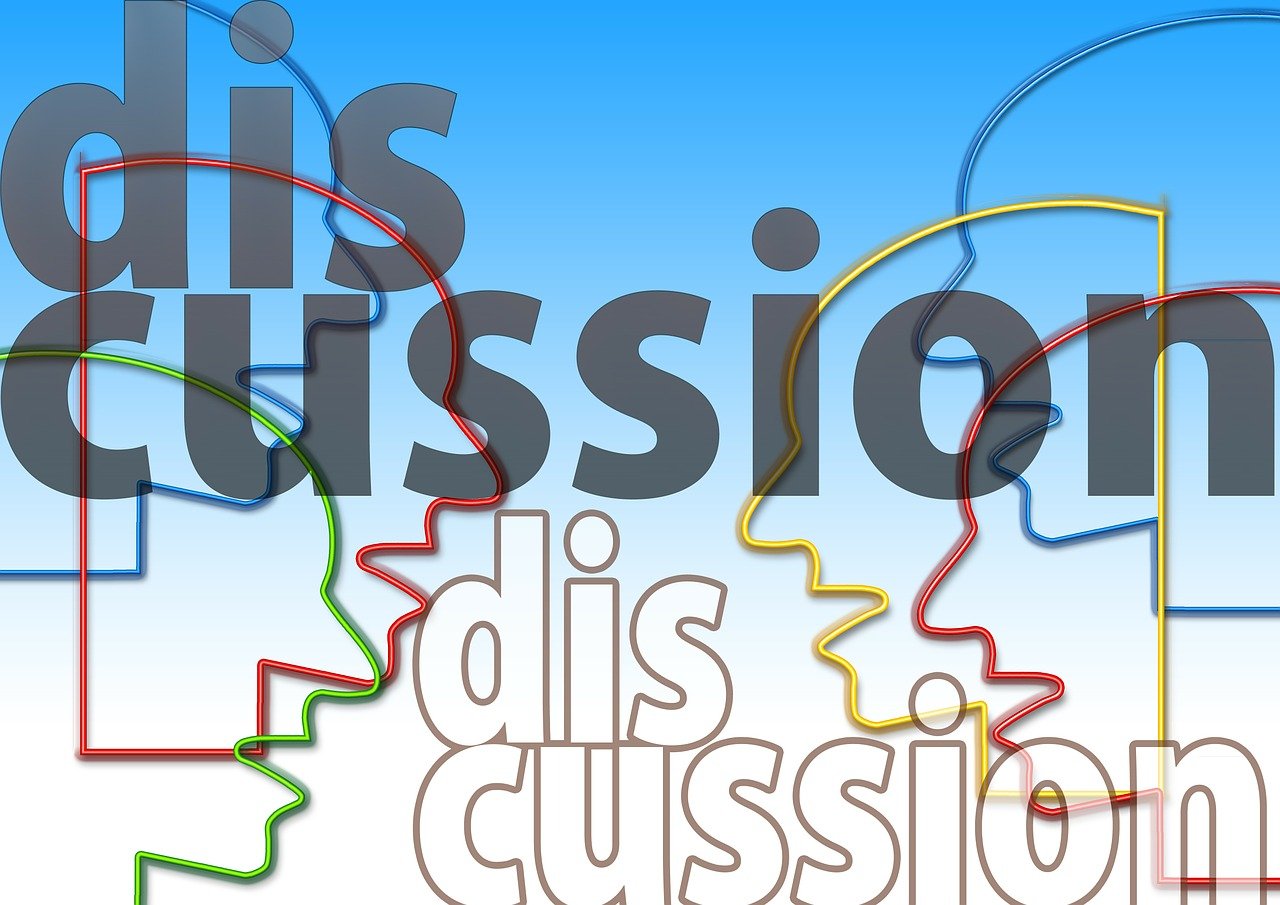Late into the night, a thought-provoking discussion unfolded with a very good friend of mine. He is a person of strong convictions and eloquence, and his insights, though harsh, offer a piercing critique of the current state of our nation. His words echo the frustrations and disillusionment of many who witness the ongoing decay within our society. The following is a detailed exploration of his comments, which are worth reflecting upon for the sake of our collective future.
The Betrayal of the Electorate
"You have given all your powers to your lazy politicians in exchange for T-shirts, rice, and cooking oil. How can you people be that cheap?" he exclaimed, his voice tinged with a mix of anger and disbelief. This statement underscores a painful reality: the electorate's susceptibility to short-term gratification at the expense of long-term progress. The transactional nature of our politics has led to a cycle of mediocrity and corruption, where elected officials are more concerned with personal gain than public service. The commodification of votes not only undermines the democratic process but also perpetuates a culture of dependency and disempowerment among the populace.
The Complicity of Traditional Leaders
"You look unconcerned whilst your chiefs sell the lands multiple times," he continued. "We might expect them to use the monies for community development, but no, they use it to buy clothes and slippers for social activities. I think they are worse than the politicians." This poignant observation highlights the erosion of trust in traditional leadership. Chiefs, who once were the custodians of culture and communal welfare, have become complicit in the exploitation of natural resources. Their actions, or lack thereof, directly contribute to the destruction of farmlands, forests, and water bodies. The degradation of these vital resources not only harms the environment but also discourages agricultural pursuits, forcing farmers to resort to carrying distilled water to their farms.
The Hypocrisy of Religious Leaders
"For your pastors, I don’t know what to say," my friend lamented. "They build schools your kids cannot attend. They ask you to pray and fast for your needs whilst asking you to provide them with their needs physically." This critique sheds light on the growing disillusionment with religious leaders who, instead of being moral beacons, have become symbols of hypocrisy.
At this juncture, I intervened, mentioning that I have some good pastor friends who are genuinely cool. My friend quickly countered, "Can you count them? They are supposed to be the moral authority, but trust me, they are worse. If you ask them why they conduct themselves in such an ungodly manner, they tell you they are human beings."
The prosperity gospel preached by many has led to an ostentatious display of wealth, alienating the very communities they claim to serve. While there are undoubtedly good pastors who embody the principles of their faith, the actions of a few tarnishes the reputation of the many. The disconnect between religious teachings and the actions of religious leaders has led to a crisis of faith and trust.The Disillusionment with the Youth
His scepticism extends beyond the older generation to the youth as well. "For your youth, the least said about them the better. They are worse than your politicians, pastors, and chiefs put together. They are only waiting for their turn to do worse." This statement is a stark reminder of the rot in our society. The perceived moral decay among the youth, who are expected to be the torchbearers of the future, is alarming. Their disillusionment and lack of faith in the system reflect a deeper societal malaise that needs urgent addressing.
The Call for a Reset
"For those of you who keep saying they should sell the country and give you your share, I say, stop daydreaming. They are going to sell you in addition," he warned. "I am sorry, everything is wrong with your country. You need a reset, and it should be now." His final remarks are a clarion call for introspection and radical change. The suggestion of selling the country is a metaphor for the widespread despair and loss of hope among the populace. However, my friend’s assertion that a reset is necessary emphasizes the urgency of systemic reforms. It is a call to action for all citizens to reclaim their agency and work towards rebuilding a society that values integrity, accountability, and sustainable development.
In conclusion, our conversation that night was not just a critique but a mirror reflecting the realities we often choose to ignore. The path to recovery and progress lies in acknowledging these truths and committing to meaningful change. As we ponder these issues, let us remember that the power to transform our nation resides within each of us. The journey towards a better future begins with a single step, and that step must be taken now.
Sidebar
Magazine menu

 Teline V
Best News Template For Joomla
Teline V
Best News Template For Joomla
16
Mon, Sep
14
New Articles










